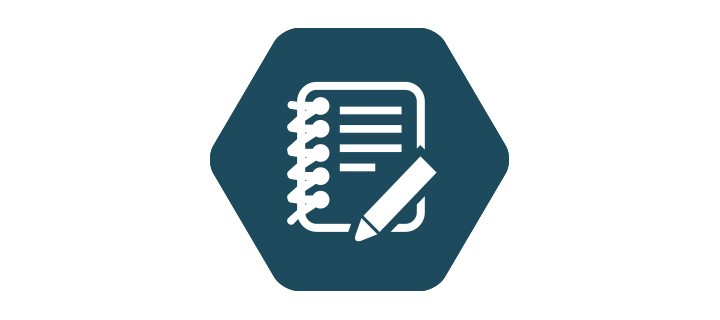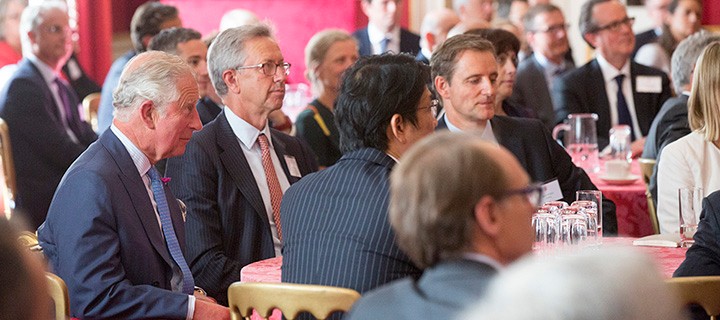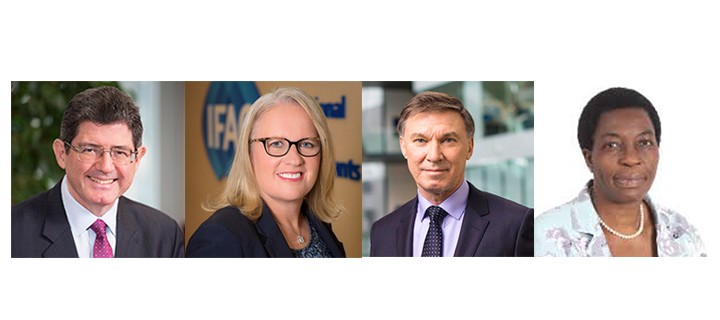Building bridges between academia and professional accountants
Blog by Luke McLaughlin, Sustainability and Accounting Manager, A4S
The A4S Networks Meeting on the 20th November 2018 brought together the A4S CFO Leadership Network project teams, the A4S Accounting Bodies Network and the A4S Expert Panel, where we discussed two hot topics: extreme event risk and accounting for the Sustainable Development Goals (SDGs). The key question of the session was, “how can we, in practice, better utilize the work coming from the academic sphere?”
1. Relevance and application of research
In relation to these two hot topics, academia is telling us that:
- individually, there is great opportunity for early movers to achieve competitive advantage; and
- collectively, there is the potential for us to progress to a more sustainable economy.
The challenge, however, is to increase the accessibility, timeliness and relevance of this research to those who can apply it to drive change.
There are great opportunities for businesses and the wider finance community to not only interpret and apply research to their own advantage, but also to feed into the initial scope and direction of research to increase its practical relevance. With increasing pressures on academics to articulate the impact of their research to non academic audiences[1], the time to collaborate with academia is now.
2. Themes from the discussion
Accounting for the SDGs – Many organizations are already considering the SDGs, but “accounting” for the SDGs lags far behind traditional accounting. The field is in need of more rigour, materiality considerations and, in particular, completeness, in order to avoid the dreaded greenwash. However, the additional work needed to make accounting for the SDGs more robust will be worth it. With an estimated US$12tn in opportunities in delivering the SDGs, there is much at stake.
Work is already being done in this area. A study from Bebbington and Unerman[2] explores the need for research to facilitate businesses and accountants in securing their share of the $12tn. In addition to this, many accounting bodies are engaging their members on the SDGs, recognizing the crucial role that accountants could play in the development of a sustainable economy.
Extreme event risk – The discussion in November naturally focussed on extreme weather events and other sustainability related events. The most recent World Economic Forum Global Risks Landscape report ranks extreme weather events, followed by failed climate change mitigation and natural disasters as the three greatest global risks in terms of likelihood, all of which had top five places in terms of impact. This places extreme weather risks above cyber attacks, infectious diseases, terrorist attacks and many more[3]. Potential economic losses from climate change and extreme weather events will continue to grow in the world's largest cities, which are already facing an estimated annual average loss of $123 billion[4] due to extreme events. Climate change risks account for around one fifth of potential lost GDP covered by the 2018 Lloyd's City Risk Index[5], but at present the financial implications aren’t making their way to the Annual Reports of most organizations, despite a statutory requirement to disclose key information on material risks. This means operational, strategic and investment decisions are being made without the benefit of the necessary relevant information.
Collaboration in this area is key. Many different professionals, such as actuaries and insurance professionals understand the data, but as the stewards of an organization’s value creation process, accountants need to properly understand the financial implications of these risks and to collaborate with others on how to manage them. Put simply - the role of finance can be crucial in providing the information needed by decision makers.
3. Action
So how can academics and practicing accountants work together to make the most of these opportunities and manage these risks?
Professional accountants have the opportunity to drive the type of research that is being performed by speaking with academics and discussing their needs. This, in turn, will help researchers fulfil their funding criteria of “impact”. A new initiative that has the potential to foster greater collaboration between universities and business is the proposed creation of a Knowledge Exchange Framework (KEF) in the United Kingdom by Research England[6]. At time of writing the KEF is at the consultation stage, but is close to being finalized. Consultation responses are invited from any higher education institution, association, organization or individual with an interest in knowledge exchange. This initiative, and other similar initiatives around the world show that a shift towards further collaboration is starting to happen.
There was plenty of collaboration and useful discussion at the A4S Networks Meeting but for real change to occur, it must not stop there. What will your action be to take things forward?
References
[1] UK Research and Innovation. [no date]. Excellence with impact. Available from: https://www.ukri.org/innovation/excellence-with-impact/
[2] Bebbington, J. & Unerman, J. 2018. Achieving the United Nations Sustainable Development Goals: An enabling role for accounting research. Available from: https://www.emeraldinsight.com/doi/abs/10.1108/AAAJ-05-2017-2929
[3] World Economic Forum. 2019. The Global Risks Report 2019. Available from: http://www3.weforum.org/docs/WEF_Global_Risks_Report_2019.pdf
[4] Pinsent Masons. 2018. Climate change losses will continue to grow, Lloyd's warns. Available from: https://www.out-law.com/en/articles/2018/june/climate-change-losses-grow-lloyds-warn/
[5] Lloyd’s. 2018. Lloyd’s City Risk Index. Available from: https://cityriskindex.lloyds.com/
[6] Research England. 2018. Knowledge Exchange Framework. Available from: https://re.ukri.org/knowledge-exchange/knowledge-exchange-framework/



